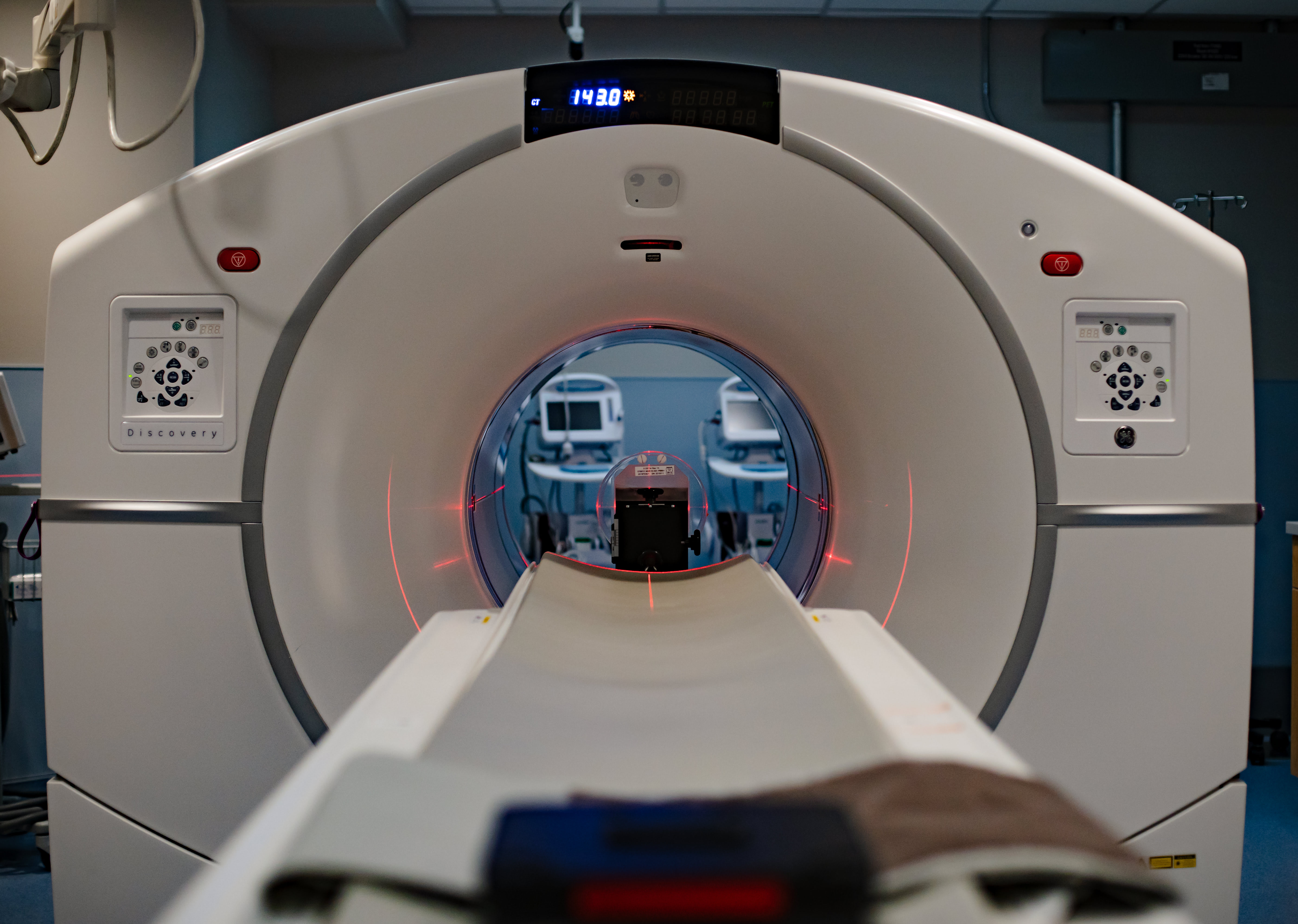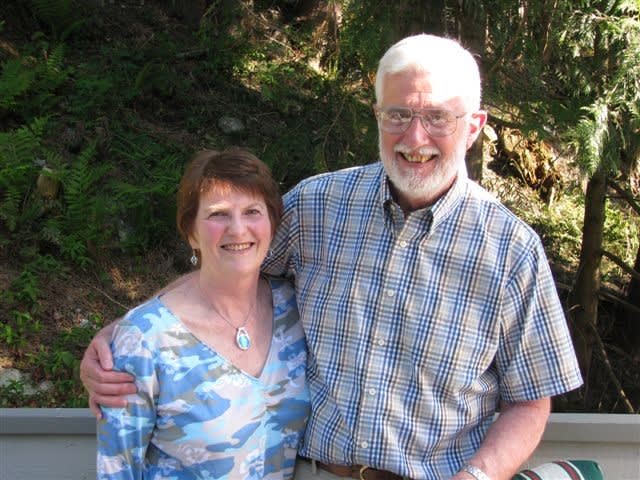Immunotherapy and New Cancer Knowledge
March 13, 2013
Found in BC Cancer - Victoria, Clinical Trials, Immunology
My research at the BC Cancer Agency is focused on a brand new concept in treatment: personalized cancer vaccines. We’re working hard to get clinical trials underway in this area.
What are personalized cancer vaccines? The concept is fairly simple: we and others have shown that the immune system can recognize cancer cells as “foreign” and launch an attack. There is now irrefutable evidence that patients who mount a strong immune response against their cancer live longer. When you hear of cancer patients who “beat the odds” and live many years more than expected, often it’s because their immune system has kicked into high gear and helped control the tumour.
So how can we help every patient to mount an immune response to their cancer? Our approach is to take a sample of the patient’s cancer and use modern DNA sequencing methods to find all the mutations in that tumour (typically, hundreds to thousands of mutations). Next, we design a vaccine that can educate the immune system to recognize some of these mutations. The vaccine is similar to the flu vaccine, but it contains information about tumour mutations rather than influenza virus. We plan to vaccinate patients after they finish their standard treatments (such as surgery, radiation or chemotherapy). The vaccine will trigger the immune system to clean up any residual cancer cells that may have escaped the standard treatment. This will help prevent the cancer from coming back at a future date.
If this is such a great idea, why hasn’t it been tried before? The reasons are technical. Only in the past three to five years has it been possible to find all the mutations in a tumour. So-called next-generation DNA sequencing technology has revolutionized the way we approach cancer treatment, with personalized vaccines being an excellent example. My colleague Dr. Rob Holt and others at the BC Cancer Agency’s Genome Sciences Centre in Vancouver are world leaders in this area, which is one more reason I love working at the Agency. Next time I’ll talk about our efforts to move personalized vaccines toward clinical trials.
Brad


